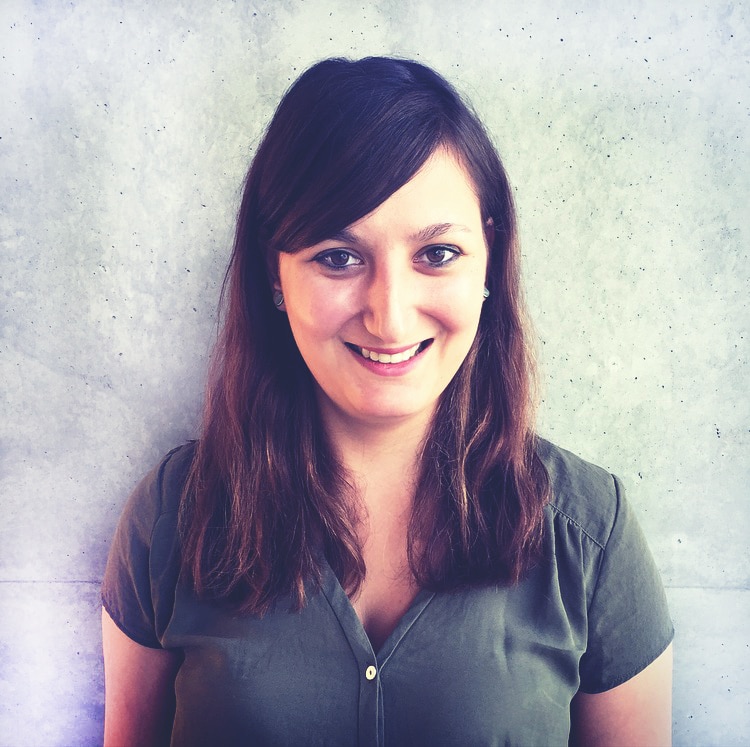Meet our CODE_n CONTEST Finalists 2016: Bit2Me from Spain
You don’t always hear good things about Bitcoins these days; and the one or other negative headline can be read in the media. But there are always two sides of the same coin. Our Applied FinTech finalist Bit2Me says about their business model: “Buying and selling Bitcoins was never that easy.” In our interview, CEO Leif Ferreira tells us how exactly his startup does that and does away with prejudices.
What is Bit2Me all about? How did you come up with the idea?
 Leif: Bit2Me is a company based in Spain. The company was founded in 2015 and is focused on Blockchain technology. We have two of the best Blockchain programmers of Europe, who have won the Visa Fintech Americas world championship in October 2015. Also one of the largest banks in the world, CaixaBank has awarded us as the best 2015 startup in Spain. One year ago, our internal question was, can we do banking with locals, rather than traditional banks? Can a bank be a tool and not a service? There are countries where it’s more expensive to maintain a bank account yearly than a smartphone with internet. So in this line we detected how to do banking without banks, without middlemen companies with the user in the centre. We call this the natural evolution of banking. It’s a different perspective of design.
Leif: Bit2Me is a company based in Spain. The company was founded in 2015 and is focused on Blockchain technology. We have two of the best Blockchain programmers of Europe, who have won the Visa Fintech Americas world championship in October 2015. Also one of the largest banks in the world, CaixaBank has awarded us as the best 2015 startup in Spain. One year ago, our internal question was, can we do banking with locals, rather than traditional banks? Can a bank be a tool and not a service? There are countries where it’s more expensive to maintain a bank account yearly than a smartphone with internet. So in this line we detected how to do banking without banks, without middlemen companies with the user in the centre. We call this the natural evolution of banking. It’s a different perspective of design.
“Digital Disruption“ – that’s the motto of this year’s CODE_n CONTEST. What makes your solution innovative, what makes it disruptive?
Leif: Hive is a mobile application that provides a disruptive way to decentralize the financial market. It builds a social and open banking ecosystem that never touches people’s money. It allows them to organize themselves in order to create a peer to peer financial human network.
We talk about a totally different approach to banking. The user is at the centre. Our vision is to allow users to self-organize themselves around a financial peer to peer human network that only need our user-friendly mobile app. From the user point of view there will be only euros, dollars, pesos from the beginning to the end of the process. The users of Hive can take a role as “Human ATM” where other people can use to add or withdraw money. When a user is used as a “Human ATM” they receive a fee for that task. A human network will be created where financial products like loans or investments could be included. So, like I said before, Hive users only see an application with a balance in a known currency, but (core) down it is using Blockchain technology and currencies backed by the cryptography of a global network with a computing power highest than Google.
You’re one of the 13 finalists in the Applied FinTech contest cluster. Which challenges do you think young companies have to face in this sector? How do you handle these challenges?
Leif: History has shown us that there are cycles for means of payment and everything indicates that we are at the beginning of a new one. In 2020 we will be like 10 thousand million people in the world. A population with a power of self-organization as never known before, and Hive comes to help it. The challenge we face are cultural and psychological, not technical. The users have the power to self-organize themeself and we provide the tool. We are excited to do this all around the world.
In the past, Bitcoins have often had the reputation of frequently being used by criminals. By authorising users and processes as well as working with registered ATM’s, you ensure that this can’t be done with your app. How do you deal with the negative connotation Bitcoin still seem to have?
Leif: Like e-mails, the internet or even everything in this world, Bitcoin (and in general money) is used by criminals. So, it’d be crazy to destroy the internet or any technology arguing that it is used by criminals if the benefits for the humanity are bigger. But Bitcoin is transparent. The problem of Bitcoin is not that it can be used by criminals, this is only a mask of the real problem. The real problem of Bitcoin is that it is not managed by a central power, and the benefits are for the people not for this power – this is the problem. Until the banks don’t understand that the people have betters tools and different scenarios for work with the new, efficient, cheap and fast money, they will be out of the new level of game. They want to continue selling ice at the same price after the invention of the refrigerator. We are proposing a different schema, being a tool providing a new platform for decentralize the finances, building a social and transparent banking ecosystem that don’t hold the money of users.
Thanks so much for the interview Leif!






Write a comment